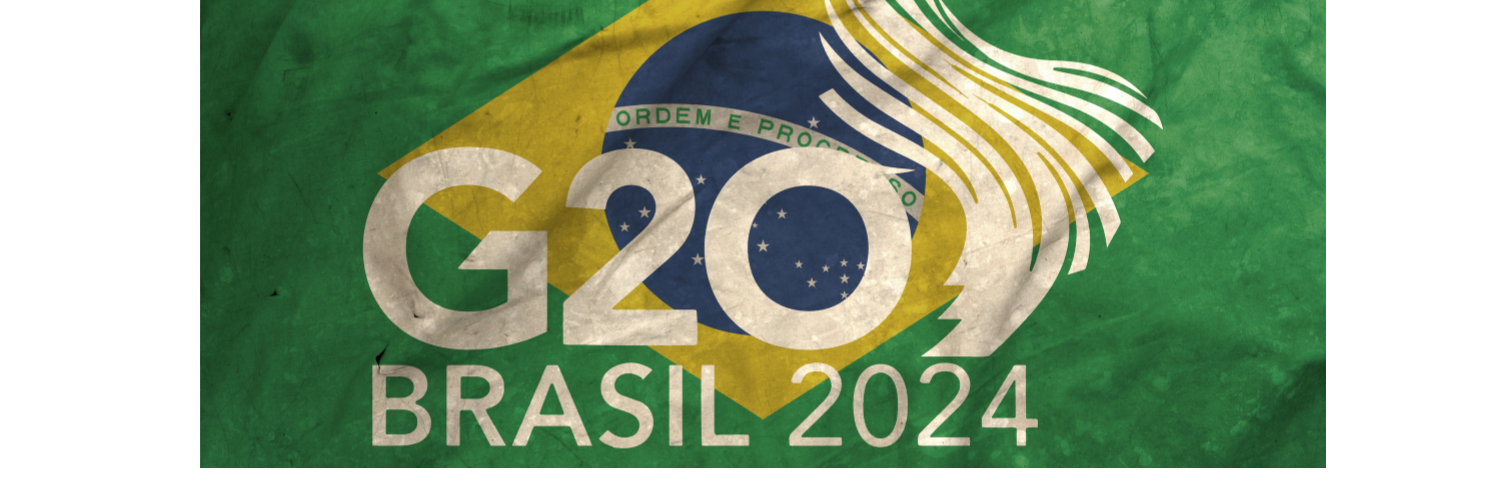First Year of Lula: Overview of the Political Situation in Brazil

This Briefing offers an analysis of Brazil's political and economic situation and prospects at the end of 2023. It also examines Brazil's position on certain international relations issues, thirteen months after Lula's election.

Brazil’s economic performance has been decent in 2023. Despite the International Monetary Fund’s (IMF) conservative growth forecast of 1% in October 2022, the actual growth now exceeds 3%. However, the outlook for 2024 is uncertain. With November’s inflation drop to 4.7% compared to the same period in 2022, interest rates are decreasing, yet the Selic key rate1 remains high at 11.75%. External accounts are robust, with a current account deficit below 2% of gross domestic product (GDP) easily financed by foreign direct investment (FDI), maintaining foreign currency reserves at USD 340 billion. However, a concern arises from the public finance deficit, as the government initially projected a 1.3% GDP primary deficit for 2023 and recently revised it to approximately 1.7%, leading to an overall deficit exceeding 7%, posing sustainability challenges.
- Brazil’s economic performance was satisfactory in 2023, while Lula faces a much less favorable international context than in his first two terms and a right-wing Brazilian parliament.
- His social priority, just as in 2003, is to lift some of the seventy-one million Brazilians out of poverty. Social transfers, ultimately inexpensive, will contribute to this aim. Brazil also needs more sustained growth.
- December’s vote on tax reform was an undeniable success for both Lula and his finance minister. It also highlighted the difficulties of negotiating with a parliament dominated by special interests.
- Lula’s time in office was finally marked by Brazil’s return to the world scene, after four years of eclipse. Maintaining good relations with all parties, with a view to a possible role as mediator in certain conflicts, is, however, difficult in a more polarized world.
> The French version of this Briefing is also available at this link : First Year of Lula: Les enjeux politiques au Brésil après un an de présidence Lula

Available in:
Regions and themes
ISBN / ISSN
Share
Download the full analysis
This page contains only a summary of our work. If you would like to have access to all the information from our research on the subject, you can download the full version in PDF format.
First Year of Lula: Overview of the Political Situation in Brazil
Related centers and programs
Discover our other research centers and programsFind out more
Discover all our analysesPlacing the EU on a Warfare Footing: Energy and Raw Materials Priorities for 2026
The year 2025 has confirmed that one must prepare for much worse in the field of geopolitics and geoeconomics as the intensity and frequency of shocks increase and as the European Union (EU) has no more stable flanks now that crises with the United States (US) become so frequent and reveal a systemic rift. In the world, barriers to trade multiply and dependencies are weaponized.
Brazil One Year Away from the October 2026 General Elections
Brazil’s general elections will be held on October 4, 2026, to elect the president, vice-president, members of the National Congress, governors, deputy governors and state legislative assemblies. For the presidential and gubernatorial elections, a second round will be held on October 25 if no candidate obtains a majority of the votes in the first round.
COP30: An Inflection Point for Climate Action and Governance
The 30th Conference of the Parties (COP30), opening in Belém, Brazil, on November 10th 2025, convenes at a perilous moment.
The Strategic Dimension of Skills in the Clean Industrial Deal
In the competitiveness and energy transition battles, the European Union (EU) must master a determinant factor: skills.













